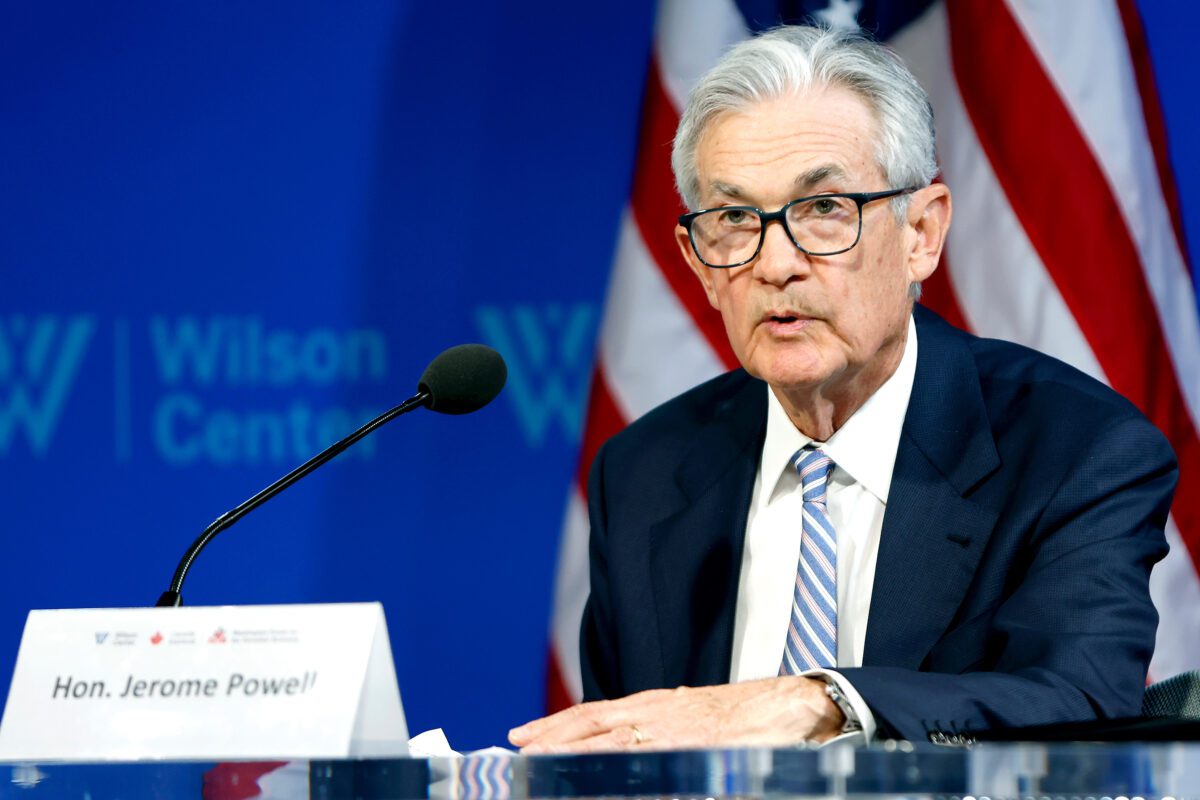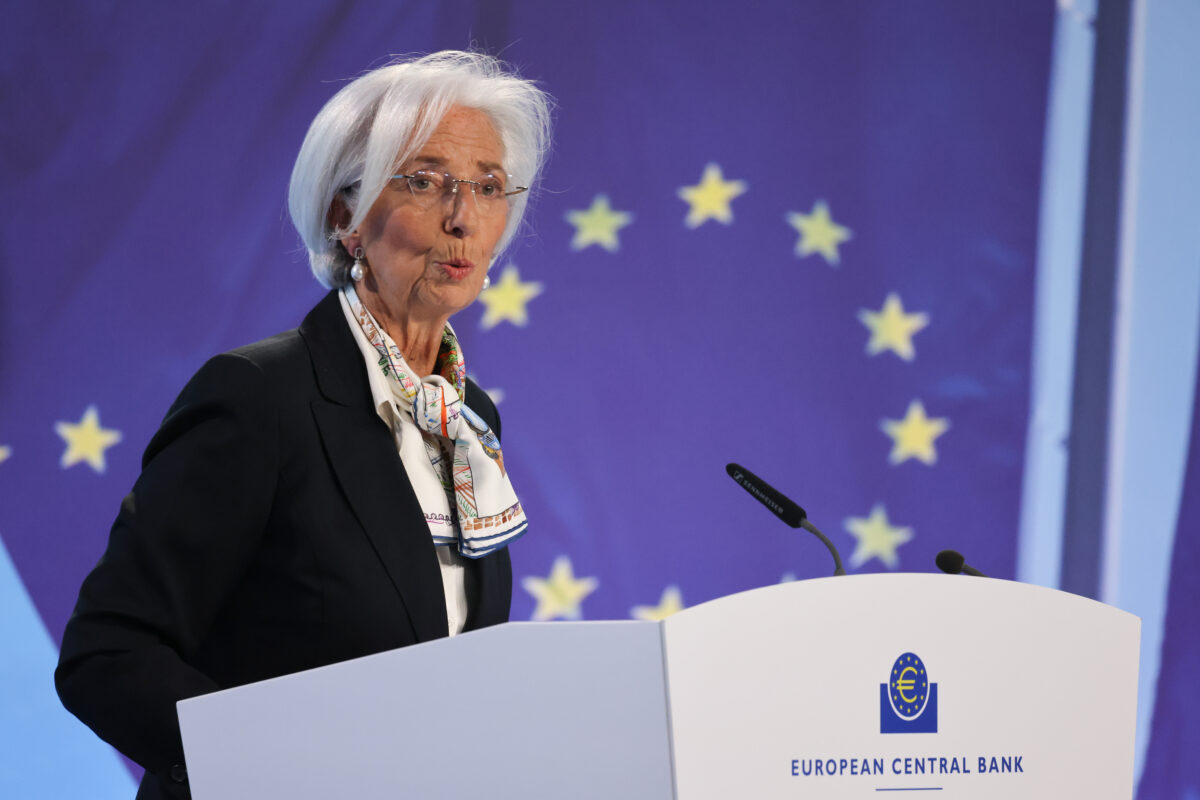Das Verbrauchervertrauen der Uni Michigan ist in der letzten Veröffentlichung für März mit 89,1 deutlich schwächer ausgefallen als erwartet (Erstveröffentlichung war 95,9). Das ist der viertgrößte Rückgang in der Geschichte der Umfrage.
Die Einschätzung der aktuellen Lage liegt bei 103,7 (Erstveröffentlichung war 112,5)
Die Konsumentenerwartung liegt bei 79,7 (Erstveröffentlichung war 85,3)
#UnitedStates Michigan Consumer Sentiment Final at 89.1 https://t.co/CYGdEmm87g pic.twitter.com/iUt5MdvYlG
— Trading Economics (@tEconomics) March 27, 2020
„Consumer sentiment dropped 11.9 Index-points in March, the fourth largest one-month decline in nearly a half century. The steepest monthly decline was barely larger at -12.7 Index-points in response to the deepening recession in October 2008, and there were two declines of 12.2 points in response to the 1980 recession and Hurricane Katrina in September 2005. The 1980 and 2008 collapses in consumer confidence sparked long and deep recessions. The Katrina decline was reversed within three months, and some observers compared that „V“ shaped economic episode to the expected impact of the coronavirus. What didn’t show a „V“ shape response was the recovery of New Orleans, a closer comparison to today’s national economy. A more comparable prior decline occurred in August 1990, when the Sentiment Index fell by 11.8 points due to the invasion of Kuwait, and subsequently recorded an all-time record gain of 17.3 points in March 1991. Those two outsized changes in the Sentiment Index defined the start and end of the 1990-91 recession. Just as in the 1990-91 episode, the Sentiment Index can be expected to decline in the months ahead. The featured chart above shows the seven-day moving average of the Sentiment Index over the past two months. Following trendless variations in February, the Index posted sharp declines in March. If the Consumer Sentiment Index were to stabilize at its most recent seven-day average, it would imply an additional decline of nearly 18.2 Index-points in April, which would amount to a record setting two-month decline of 30.1 points. Stabilizing confidence at its month’s end level will be difficult given surging unemployment and falling household incomes. The extent of additional declines in April will depend on the success in curtailing the spread of the virus and how quickly households receive funds to relieve their financial hardships. Mitigating the negative impacts on health and finances may curb rising pessimism, but it will not produce optimism. There is no silver bullet that could end the pandemic as suddenly as the military victory that ended the Gulf war. To avoid an extended recession, economic policies must quickly adapt to a new era that will reorder the spending and saving priorities of consumers as well as the relative roles of the public and private sectors in the U.S. economy.“
Kommentare lesen und schreiben, hier klicken









